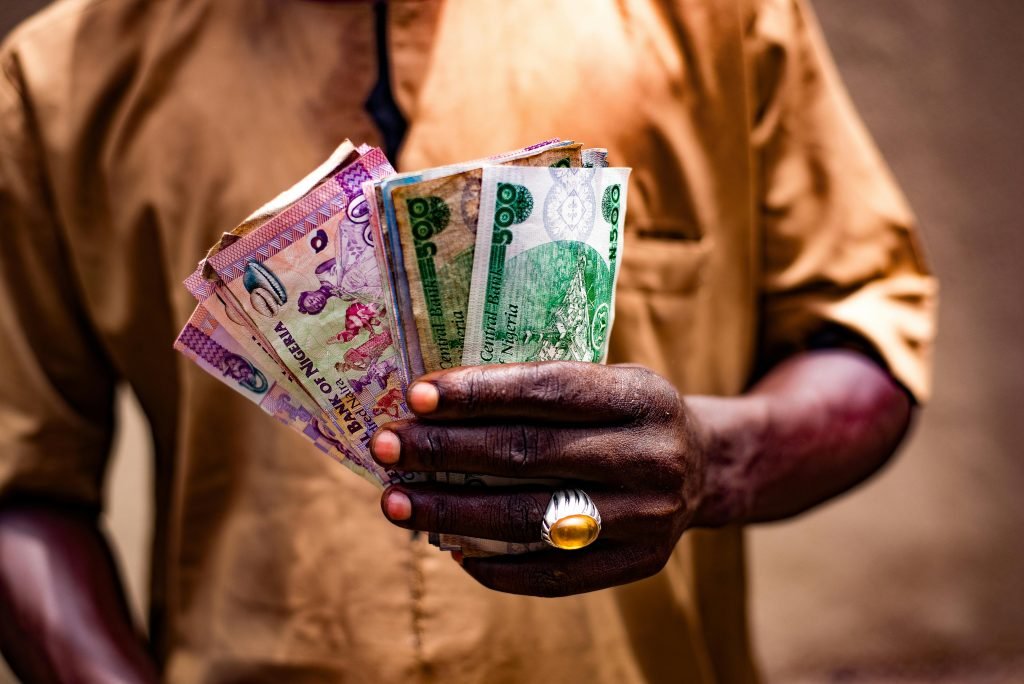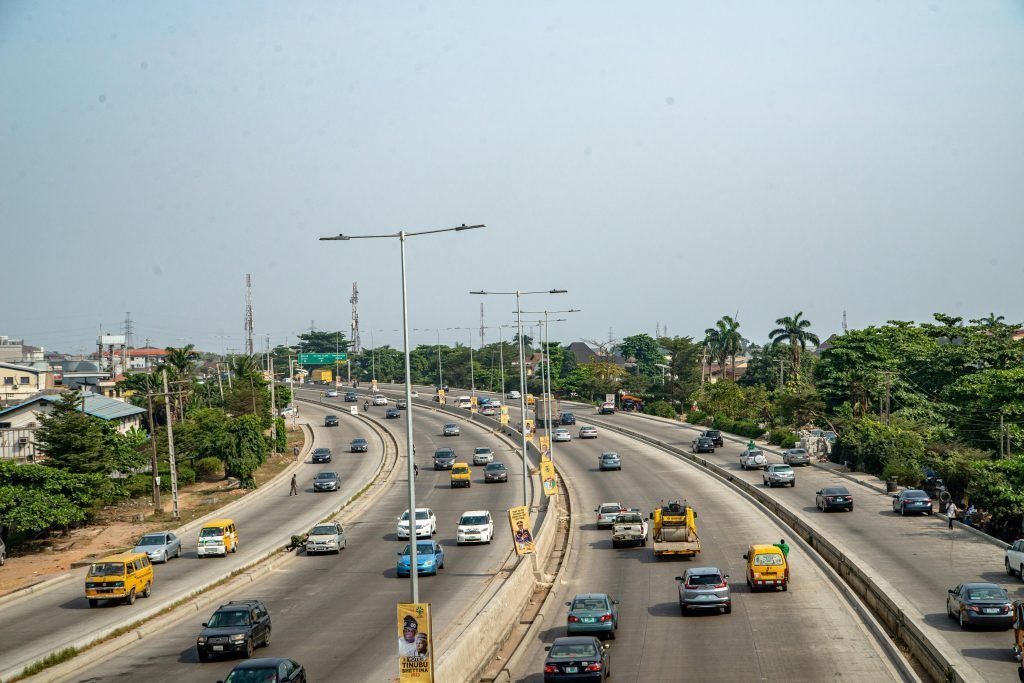The Nigerian economy is deeply tied to foreign exchange (forex). As Africa’s largest oil producer, Nigeria earns the bulk of its foreign revenue from crude exports, yet its demand for imports makes foreign exchange management a recurring national challenge. The forex market, therefore, occupies a central place in the nation’s economic discourse.
The Forex Landscape
St. Nicholas Global BDC
Nigeria operates a managed floating exchange rate system, but the Central Bank of Nigeria (CBN) plays a dominant role in determining currency value. The naira’s volatility has been a defining feature of economic life, influenced by oil prices, inflation, and capital flows.

Over the past two decades, Nigeria has experimented with multiple exchange rates, official windows, and interventions. These efforts aimed to stabilize the naira but often created distortions between official and parallel markets. Businesses reliant on imports—such as manufacturers and retailers—have struggled with limited access to foreign exchange.
Impact on Trade
Foreign exchange shortages affect every level of Nigerian trade. Importers face high costs, leading to expensive consumer goods. Exporters, especially in agriculture and manufacturing, confront difficulties in repatriating earnings. Investors often hesitate due to uncertainty, while ordinary Nigerians contend with inflation and declining purchasing power.
Policy Interventions
The CBN has attempted to diversify forex inflows by promoting non-oil exports. Initiatives like the RT200 FX Program encourage exporters to repatriate earnings through official channels. At the same time, the bank has cracked down on cryptocurrency exchanges, citing concerns over capital flight and money laundering.
However, critics argue that Nigeria needs structural reforms: improved productivity, reduced import dependency, and more transparent monetary policy. Overreliance on oil leaves the economy vulnerable to global price shocks.
Prospects for the Future
Nigeria’s participation in AfCFTA offers hope for expanding trade beyond oil. Agricultural exports, textiles, and digital services could earn much-needed foreign exchange. With reforms in infrastructure, energy, and governance, Nigeria could become a regional hub for trade and investment.
The road ahead requires courage. Exchange rate unification, stronger institutions, and an export-driven economy could stabilize the naira and unlock prosperity. The foreign exchange market is not merely a technical issue—it is the heartbeat of Nigeria’s trading future.

